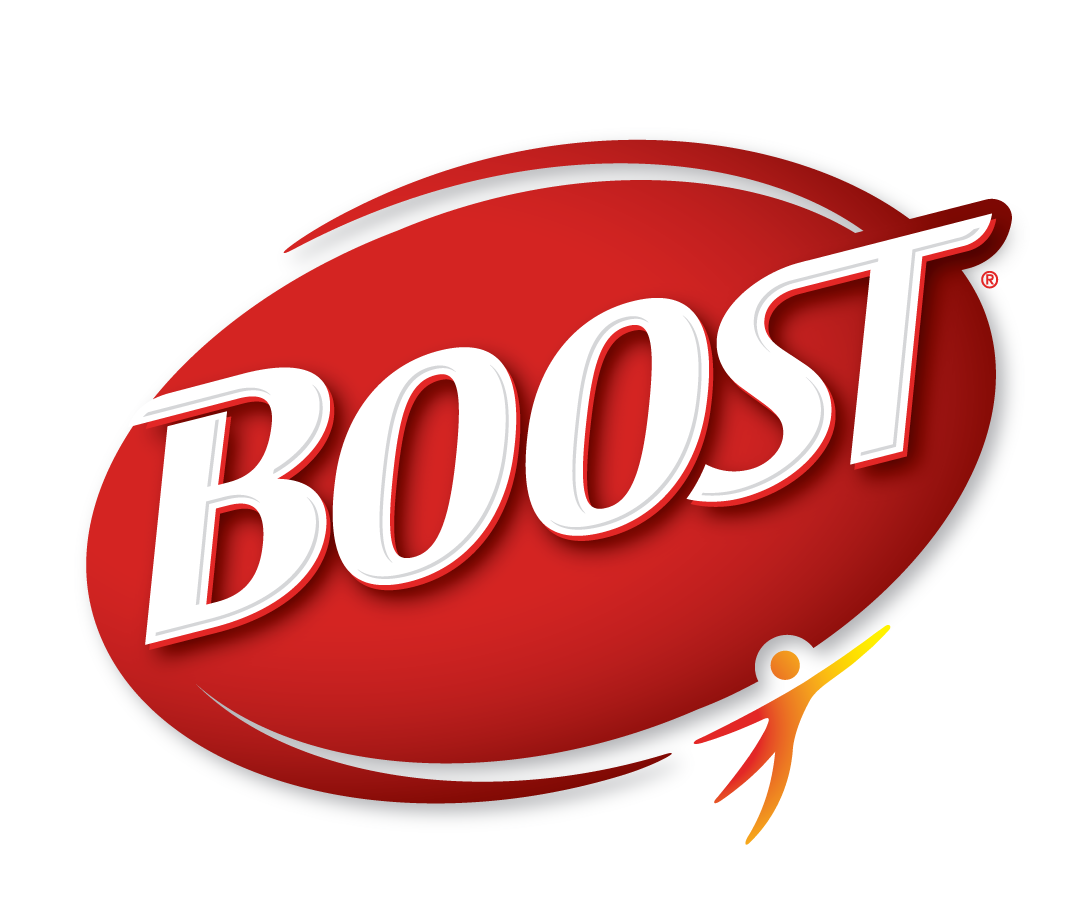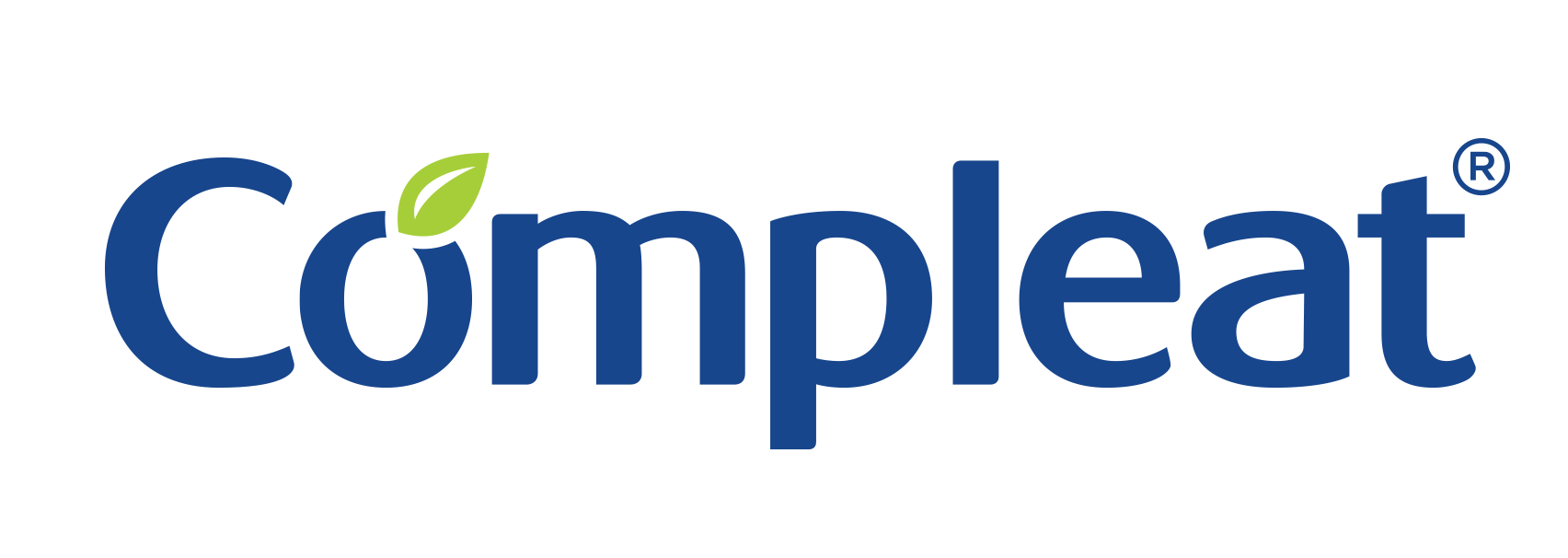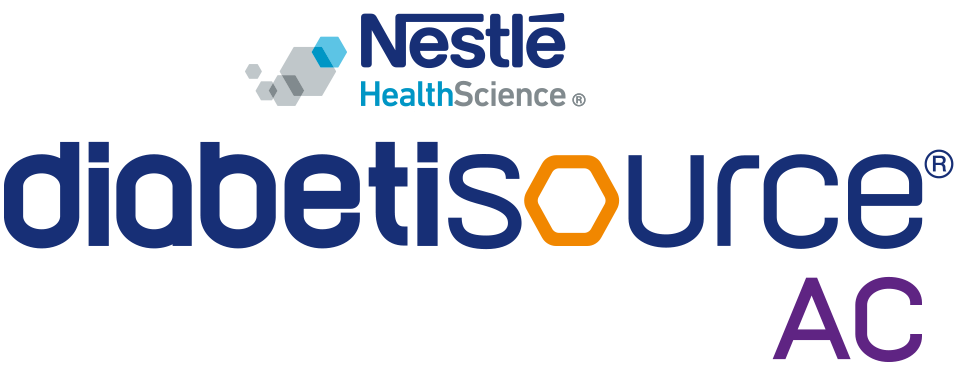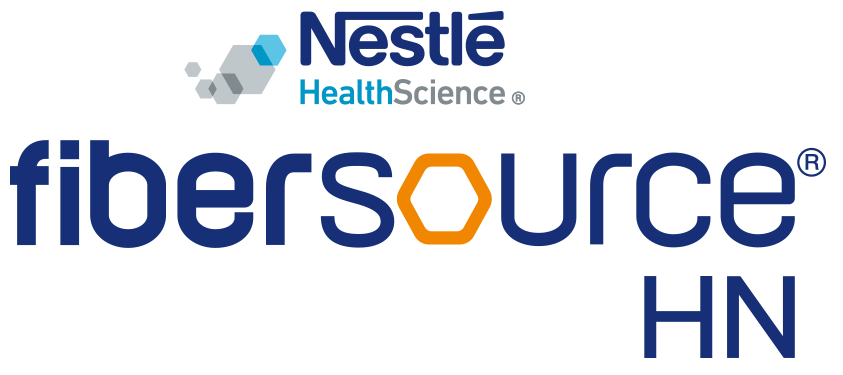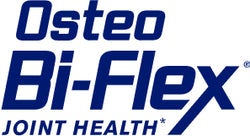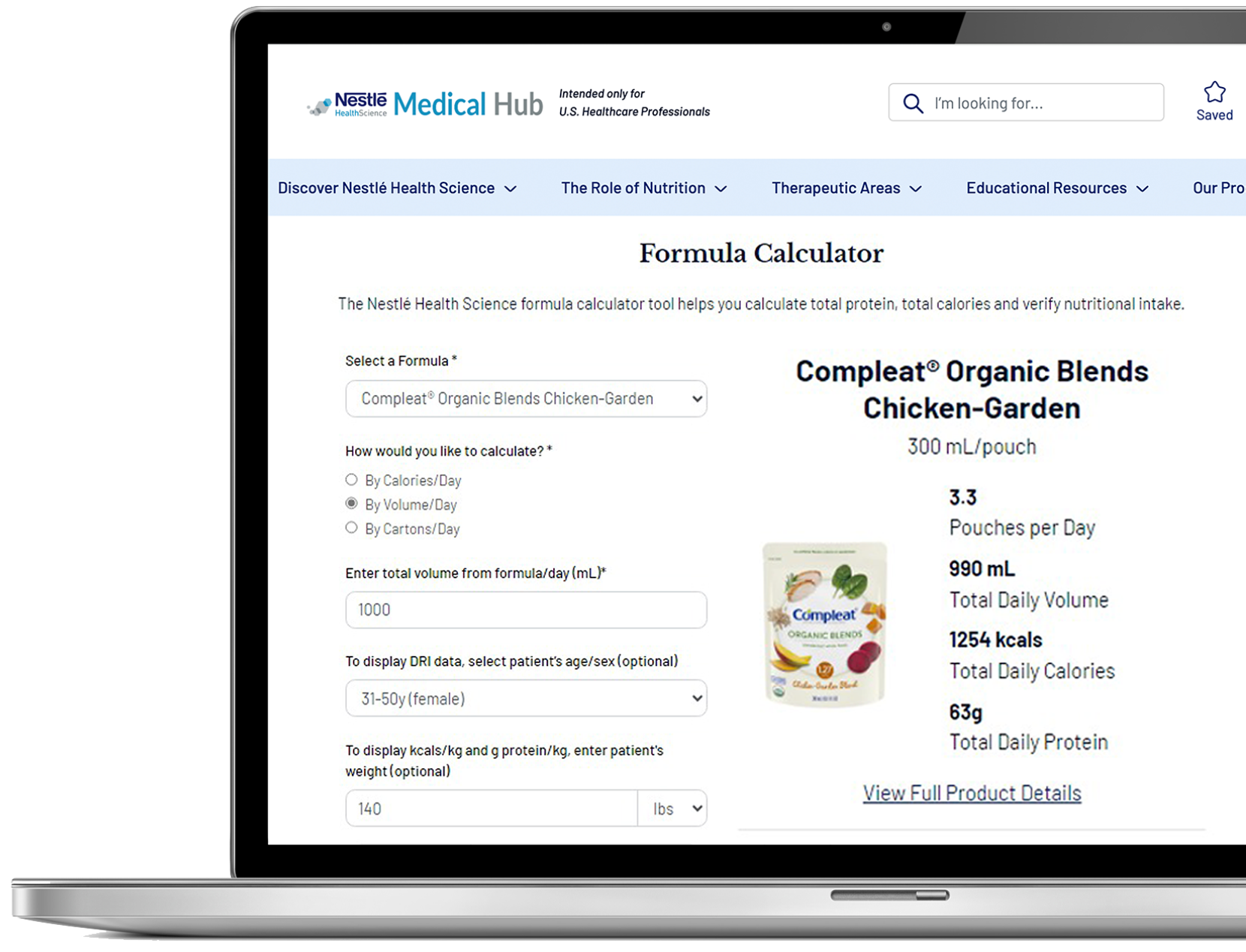Nutrition plays an essential role in the delivery of quality care and positive outcomes. 1 This means that evidence-based, targeted nutrition should become a key element of any successful patient care program.
Quality Improvement (QI) demonstrates the value of nutrition by aligning quality practice improvement with the facility’s clinical and financial goals.
The science is clear. Decades of research supports that prioritizing nutritional needs may lead to faster recovery times, lower rates of complications, and an overall improvement in quality. 1

QI is an ongoing process and the value to an organization increases as projects are maintained and refined. This value further increases as individuals, teams, and facilities develop their own QI knowledge and experiences.
References
-
Tappenden AK, et al. Critical role of nutrition in improving quality of care: an interdisciplinary call to action to address adult hospital malnutrition. J Acad Nutr Diet. 2013;113:1219-1237.
Support Resources
The following resources may help support ongoing involvement with the QI process.
- The Institute for Healthcare Improvement (IHI)IHI is a recognized and trusted innovator and leader, providing guidance for any individual or organization looking to improve healthcare.
- Agency for Healthcare Research and Quality (AHRQ)AHRQ’s charter is to make health care safer, more accessible and more affordable. In addition, working with the U.S. Department of Health and Human Services as well as other partners, AHRQ makes sure any information they disseminate is understood and used properly.
- Critical Care Nutrition (CCN)CCN is dedicated to improving nutrition therapies in the critically ill through knowledge generation, synthesis, and translation.
- Health and Human Services (HRSA)HRSA supports quality improvement efforts by providing strategies and techniques to support QI projects.
- CERTAINCERTAIN is the learning healthcare system in Washington State. A network of over 60 diverse healthcare provider organizations participating in over 20 projects, studies, and initiatives.
- Surgical Care and Outcomes Assessment Program (SCOAP)SCOAP is a physician-led, voluntary collaborative creating an aviation-like surveillance and response system for surgical quality.
- Duke University Medical Center, Department of Community and Family MedicineThis education module provides an overview to the Quality Improvement concept and methodology.









